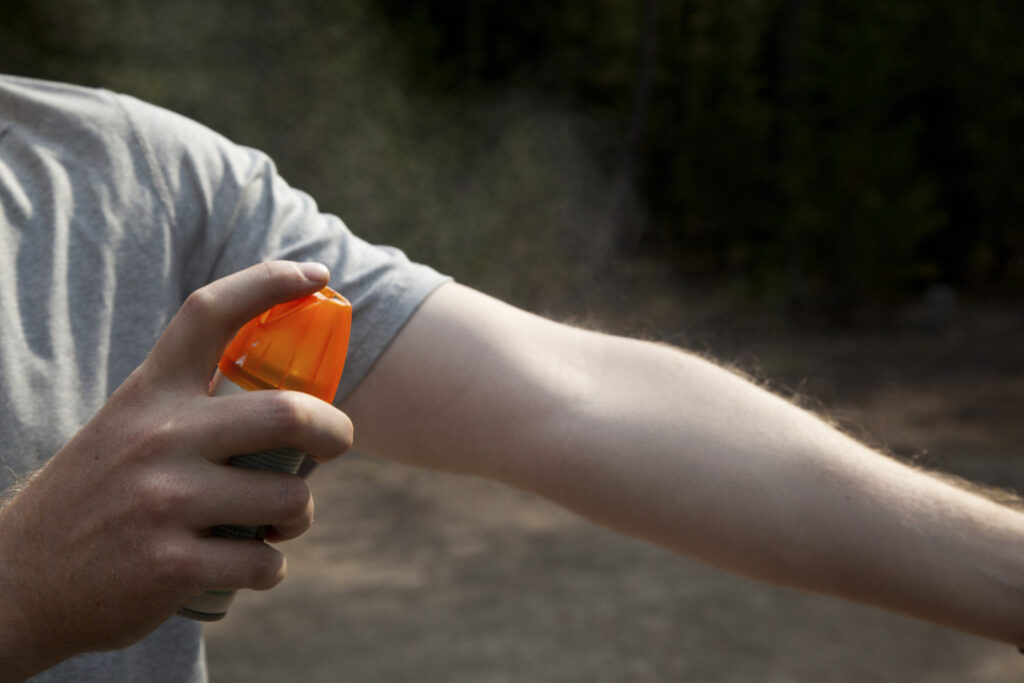Mosquito Protection and the Zika/Chikungunya Virus Threat

Dr. Anca Tchelebi gives advice on Mosquito protection and what you can do to protect yourself and your family from the Zika and Chikungunya Virus.
Even though this is not a cosmetic subject it is one that concerns us all. The threat of all the diseases and malformations caused by the Aedes species mosquito is getting closer to home.
Many of you already know that I have been a victim of this mosquito while on a trip to Columbia a few years ago. I contracted chikungunya, another illness caused by a mosquito from the same species. It was not an easy six months. This mosquito is becoming a threat to us all and I think it is very important to know how to protect ourselves against it.
Mosquitos love stagnant water so make sure you empty all outdoor containers after it rains and avoid spending too much time unprotected close to ponds, bird baths, and even lakes. The Centers for Disease Control recommends to use as repellant products that contain any of the following: DEET, picaridin, IR3535, oil of lemon eucalyptus or paramethane-diol.
Many of us are concerned with the toxic effect of DEET. The Agency of Toxic Substances and Disease Registry a well as the American Academy of Pediatrics advises that the use of products that contain 20-30% of DEET are safe to use by adults and children. Among the products available on the market are the OFF products like, OFF Deep Wood product, Family Care Smooth and Dry, and Skintastic Family Care by S.C.Johnson and Company. In case you do not feel comfortable using a product that contains DEET, you can look for a product that has 10-15% picaridin like Sawyer Picaridin Insect Repellent (Sawyer) or Natrapel8Hour (Tender Corporation).
For children with sensitive skin, you can try impregnating their clothes with permethrin or just buy them permethrin-treated clothing. For those traveling in areas that are infested by mosquitoes, you may also want to purchase hats with netting, and shirts with long sleeves and impregnate your clothing with permethrin. Make sure you sleep in beds that have protective nets and carry a repellent that contains DEET.